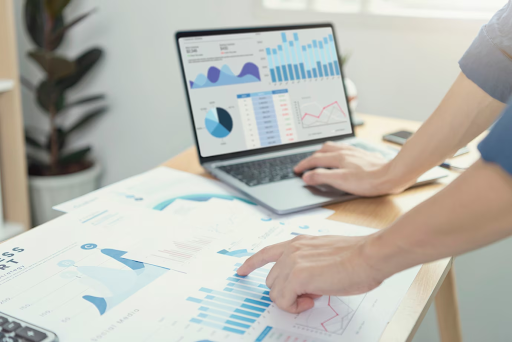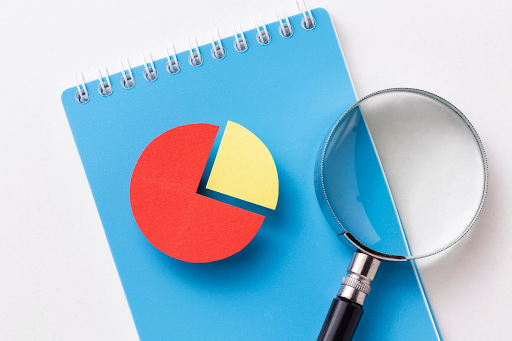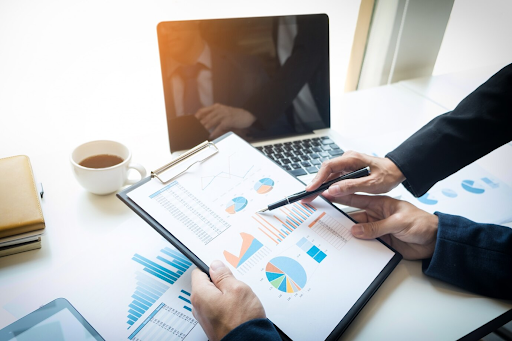Data Analytics Corporate Events: Revolutionizing Event Planning in 2024
In today's data-driven world, corporate event planning is undergoing a significant transformation. Gone are the days of relying solely on intuition and guesswork. Event planners in
Sydney and across the globe are increasingly turning to data analytics to gain valuable insights that elevate event experiences, optimize resource allocation, and demonstrably measure success. This shift towards data-driven event planning
strategies empowers organizations to tailor experiences that resonate with attendees, maximize event impact, and achieve strategic business goals.
The Role of Data Analytics in Corporate Events
Data analytics acts as a powerful tool for event planners, offering a deeper understanding of attendees, event operations, and overall effectiveness. By leveraging data insights, event professionals can:
Improve attendee experience through personalization strategies
Analyze attendee demographics, interests, and past engagement to personalize event content, communication, and recommendations. This data-driven approach fosters a more engaging and relevant experience for each attendee.

Streamline operations and logistics
Data can optimize resource allocation, ensuring enough staff is present for peak attendance periods and streamlining logistics like venue setup and catering. This translates to smoother operations and a more seamless
event
experience for everyone.
Key Data Metrics to Track for Corporate Events
Tracking the right metrics is crucial to unlocking the power of data analytics. Here are key data points to consider for corporate events:
Engagement and Participation Metrics

- Registration and attendance rates: Measure the effectiveness of marketing efforts and track overall event reach.
- Session participation and feedback: Analyze which sessions attracted the most attendees and gather feedback to improve future content.
- Social media activity: Track social media engagement surrounding the event to gauge attendee sentiment and brand awareness.
ROI and Financial Analytics

- Cost analysis: Track expenses associated with different event aspects to identify areas for optimization.
- Lead generation and conversion rates: Measure the effectiveness of the event in generating new leads or business opportunities.
- Post-event surveys: Gather feedback on attendee satisfaction and perceived value to assess event ROI.
Tools and Technologies for Event Data Analytics
Data analytics in event planning is no longer the realm of complex software. Today, a range of user-friendly tools and technologies can help event professionals gain valuable insights:
Advanced Software Solutions
- CRM Integration: Integrate your event management software with your Customer Relationship Management (CRM) system to gain a holistic view of attendee interactions and personalize future marketing efforts.
- Real-time Data Processing: Utilize event technology platforms that provide real-time data insights on attendee behavior and engagement during the event itself. This allows for dynamic adjustments to optimize the event experience on the fly.
Utilizing AI and Machine Learning

- Predictive Analytics: Leverage AI-powered tools to predict attendee behavior, session popularity, and potential areas of concern. This enables proactive planning and resource allocation.
- Automation Features: Utilize machine learning to automate repetitive tasks like scheduling emails, generating personalized attendee recommendations, or even creating targeted social media ad campaigns based on attendee demographics.
Case Studies: Success Stories in Data-Driven Corporate Events
Data analytics is not just a theoretical concept. Real-world examples showcase its transformative impact on corporate events:
From Data to Decision: Real-world Applications
A company used data insights to identify underperforming sessions at an annual conference. By
analyzing attendee feedback and session attendance data, they revamped content for the following year, resulting in a significant increase in attendee satisfaction.

Lessons Learned and Best Practices
An organization learned from low post-event engagement by analyzing social media activity. They identified a lack of interactive elements and implemented live Q&A sessions in subsequent events, leading to a surge in online engagement.
Conclusion
Data analytics is no longer a "nice to have" in corporate event planning – it's a necessity for staying competitive and achieving strategic business outcomes. By embracing data-driven strategies and leveraging the insights they provide, event planners can craft impactful experiences that resonate with attendees, optimize resource allocation, and ultimately demonstrate the measurable value of their events.
FAQs About Data Analytics Corporate Events
What are the benefits of using data analytics in corporate event planning?
Data analytics offers numerous benefits, including improved attendee experience, optimized resource allocation, measurable ROI, and data-driven decision making for future events.
How can data analytics improve attendee satisfaction at corporate events?
By understanding attendee preferences and behavior through data, you can personalize the event experience, leading to greater engagement and satisfaction.
What are some common data analytics tools used in event planning?
Many event management platforms offer built-in data analytics features. Additionally, CRM systems and marketing automation tools can integrate with event management software to provide a comprehensive view of attendee data.
How do you measure the ROI of a data-driven corporate event?
Track relevant metrics aligned with your event goals, such as lead generation, sales conversions, or brand awareness improvement. Analyze these metrics alongside event costs to calculate ROI and demonstrate the event's value to your organization.



